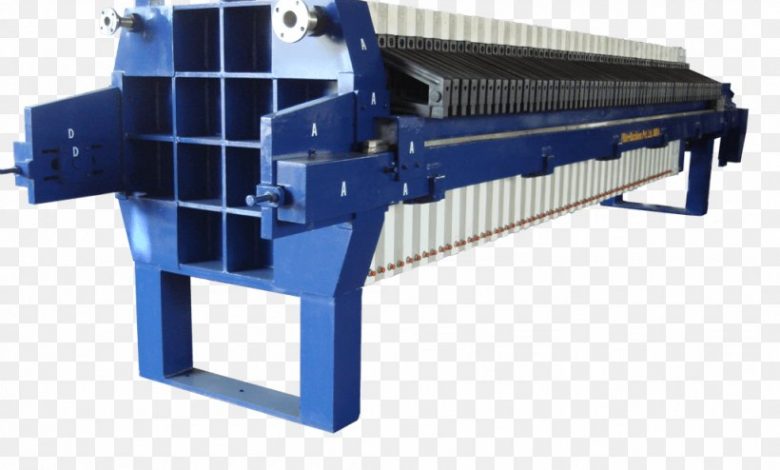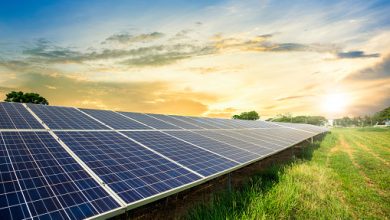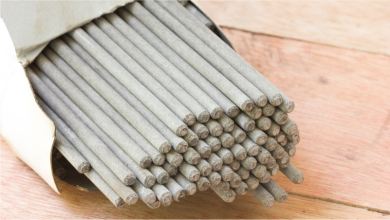How Can I Choose The Best Membrane Filter Plate Brand For My Needs?

What are the characteristics of the best membrane filter plate brand? It depends on what you need. For example, if you’re doing something very large-scale and industrial, like desalinating water or filtering water from contaminated sources, then it’s important to have an automatic filter press to make sure that your operation goes smoothly. If you’re doing something much smaller scale, like making yoghurt or brewing beer at home. Then a standard filter press might be just right for you.
The Basics
A filtration membrane is an important component of many water and wastewater treatment systems. The membranes use to remove a variety of pollutants from the water stream such as salt, lead, arsenic, nitrates and other pathogens and microbiological organisms. Therefore choosing the right type of filter plate or membrane is vital for clean water production in homes and industry. There are many types of membranes on. The market today with varying levels of porosity that vary depending on their intended use.
These porous materials must be wash with treated process water before they are load with a sample to ensure they do not contaminate your samples while they are in operation. It is also crucial to change out your. Filter plates every six months to reduce potential microbial growth and contamination over time. Choosing the right type of membrane will depend on what you need it for and. What contaminants you need it to remove. Most membrane filter plates have pores with diameters ranging from 10 nanometers-10 micrometres (10-1000 nm).
Benefits And Use Cases
Choosing a membrane filter plate is not always an easy decision, but with a little bit of research. You should be able to find what suits your particular needs. For example, if you have a high volume production, we would recommend filtering at high speeds; our TFC3500 has specifically design for this purpose. Meanwhile, if you’re looking to purify water by removing nitrates from it, our ECM1 could be exactly what you need.
If on the other hand, are looking to cut down wastewater and don’t mind having a. Lower production rate then an EP3 type may suit your requirements better. Having this information beforehand should help streamline your decision process.
What Membrane Filter Plates Made Of?
Membrane Filter Plates are a type of substance that uses capillary action and. Gravity to separate liquids and solids, like a coffee filter. Made up of stainless steel mesh membranes, they allow liquids to pass through while keeping larger particles on top. The most popular materials used in these types of plates are polysulfone and cellulose acetate membranes.
Both are disposable so it is important to carefully read the label before you buy your Membrane Filter Plate. Polysulfone membranes will have porous areas in between threads where liquid can seep through into undesirable locations. Cellulose acetate membranes, on the other hand, contain no pores because their fibres run all. The way down from one side to another in a straight pattern. They’re also more durable than polysulfone filters and less expensive, making them a good choice for everyday use.
The next step is deciding how much flow you need. If this sounds too much or not enough, there are also low flow options with. Various ratings to match different levels of filtration standards.
The Different Types Of Membrane Filter Plates
There are many types of plates that you should consider when deciding which to buy. A few important factors to consider when comparing plates include but not limit to size, compatibility with other equipment and filtration depth. You may want to research specific brands or models before settling on one. The more information you have about a certain model, the better chance there is that it will meet your needs. It’s also a good idea to read reviews from previous customers. Who have used a particular model before making your purchase. The last thing you want is to order an item only to find out. It doesn’t work well in your current setup.
Questions To Ask When Buying One
- What’s your budget and how much are you looking to spend on a tailor made filter press? If you have a budget in mind, it will help narrow down the choices of which membranes to consider. You don’t want to buy an expensive one if your budget is low and vice versa. 2. How many filters do you need to process in one go and how often will they be use? If you know how many filters you need at once, that’ll help narrow down. Which products would work best for your needs based on their maximum capacities. 3. What type of materials are you filtering: coarse or fine particles?



